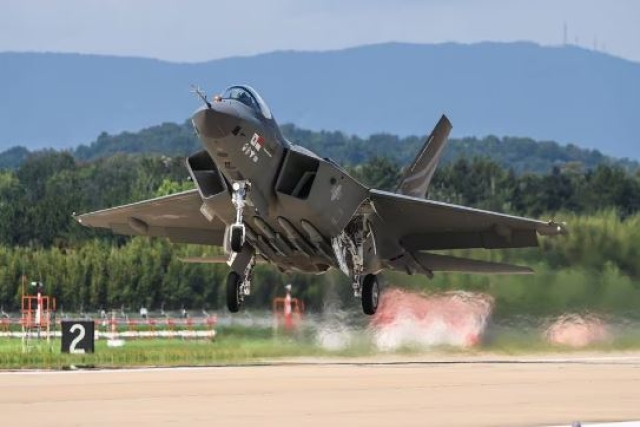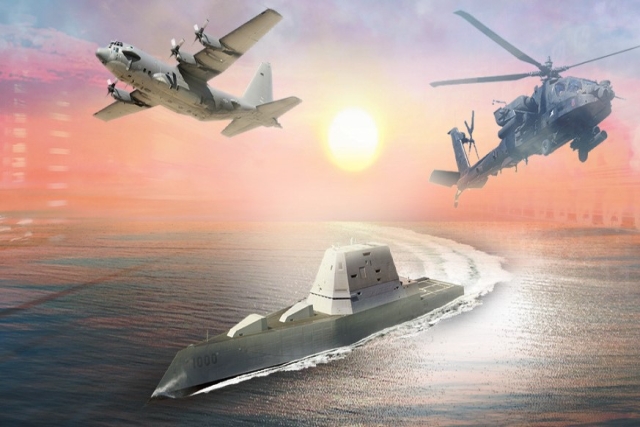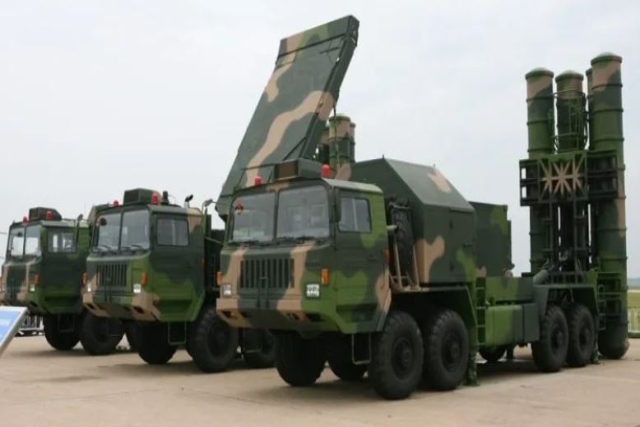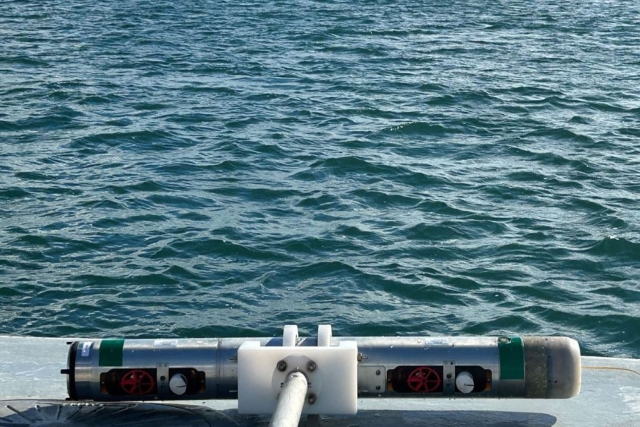U.S. Indo-Pacific Command Chief Considers Potential Introduction of Nuclear Submarines in South Korea
Future Deployment Dependent on Operational Analysis Amid Rising North Korean Naval Capabilities
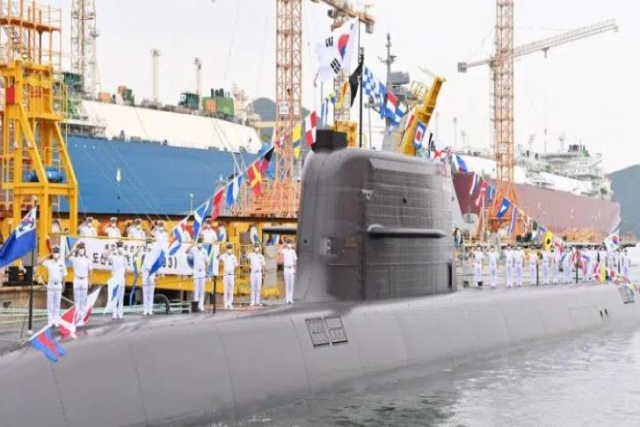
The chief of the U.S. Indo-Pacific Command has indicated that the introduction of nuclear-powered submarines in South Korea could be considered in the future, contingent upon an operational analysis, according to the South Korean presidential office.
Commander Adm. Samuel Paparo, during an interview with the South Korean press on Thursday at Hickam Air Force Base in Hawaii, emphasized the importance of combining capabilities efficiently and effectively to defend alliances and partnerships. "From the standpoint of submarine warfare, I think it's important as allies and partners to find the most efficient and effective ways to combine our capabilities in ways that most effectively defend our alliances and partnerships," Paparo said. He added that if the operational analysis supports the idea, they could proceed with the introduction of nuclear submarines at a later date.
However, Paparo declined to provide further details on the matter, stressing, "But I do have a comment that as equal partners and highly technical countries, we have to approach this from the standpoint as equals."
The discussion about South Korea potentially acquiring nuclear-powered submarines (SSNs) has gained momentum in recent years, particularly in light of North Korea's enhanced naval capabilities, including underwater attack drones and submarine-launched ballistic missiles. It is unusual for a high-ranking U.S. military official to address the possibility of South Korea obtaining SSNs.
Paparo expressed concern over recent developments in North Korea, describing them as "very concerning to everybody," and reiterated Washington's commitment to seeking the denuclearization of the Korean peninsula "at all times."
"We're equal partners with South Korea, and in the spirit of the Washington Declaration, we've established a Nuclear Consultative Group and as equal partners, at very high levels of government and as strategic partners," Paparo stated. He highlighted the ongoing high-level secret dialogues within the Nuclear Consultative Group (NCG) to strategize on addressing the issue.
